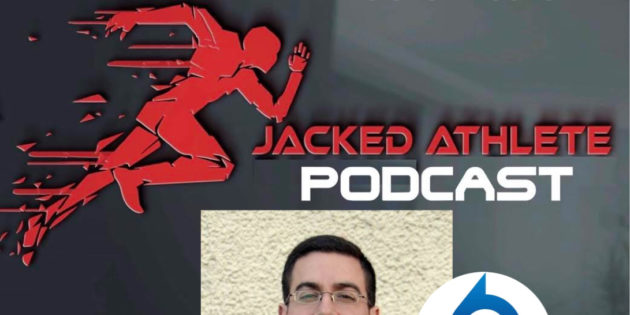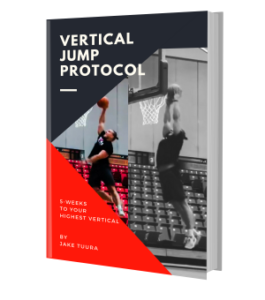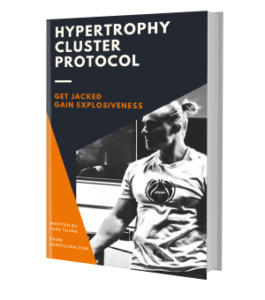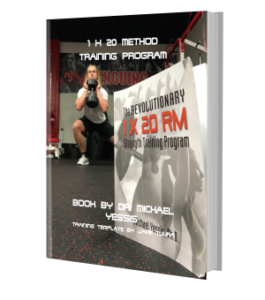https://podcasts.apple.com/us/podcast/jacked-athlete-podcast/id1462537296
What is Health? What is the Disease State?
“Health, disease, and athletic performance…. that’s all literally the same processes going on in the body.”
“In the modern world, everybody is somewhere in the disease state.”
“Health is being as little in the disease state as possible.”
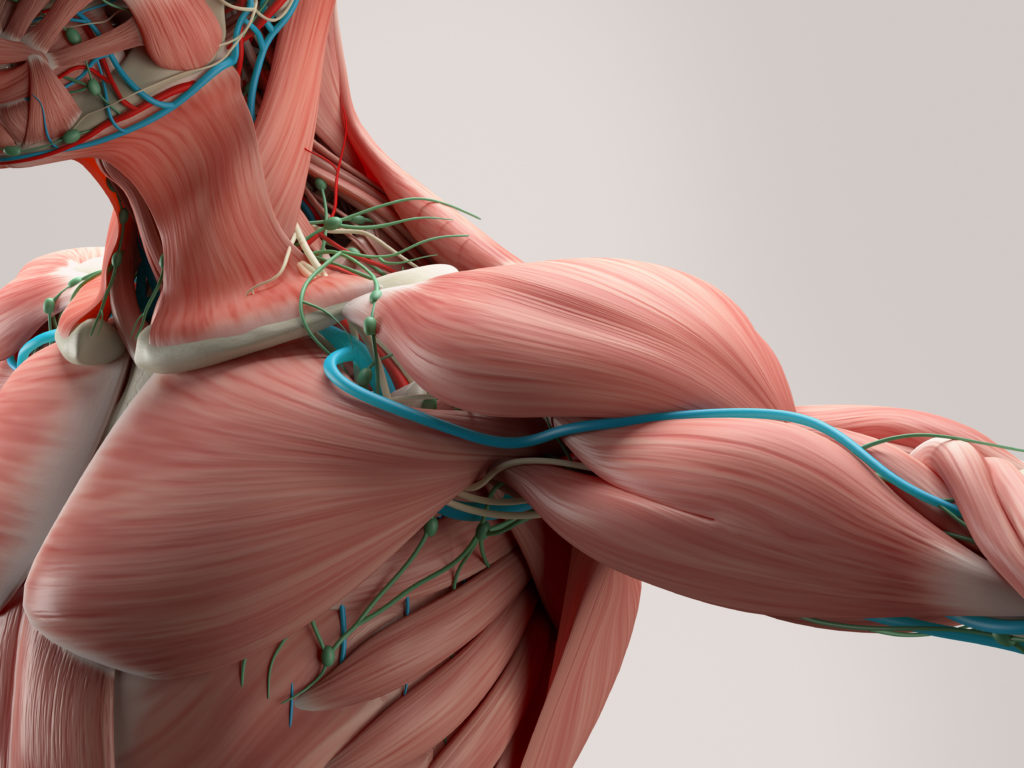
“That’s the easiest way to define where you are in the disease state is your level of insulin resistance.”
“That doesn’t mean that insulin is the culprit.”
“The first tissue in the human body that becomes insulin resistant is skeletal muscle tissue.”
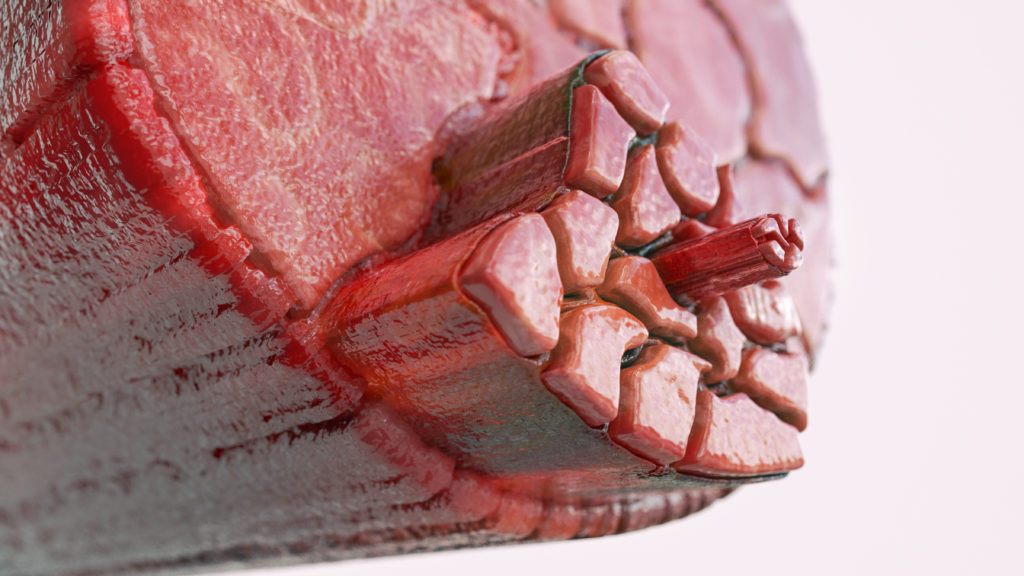
“Most of the tests can’t detect insulin resistance until you already have two main tissues of the body – skeletal muscle tissue and adipose tissue – already deep in the disease state. And then, they can notice that you have insulin resistance. So the standard tests are really, really late.”
“The easiest way to notice, in the vast majority of people, is if you’re carrying excess bodyfat, especially around the midsection at all, then you are pretty far in the disease state. Your skeletal muscle tissue already has significant insulin resistance.”
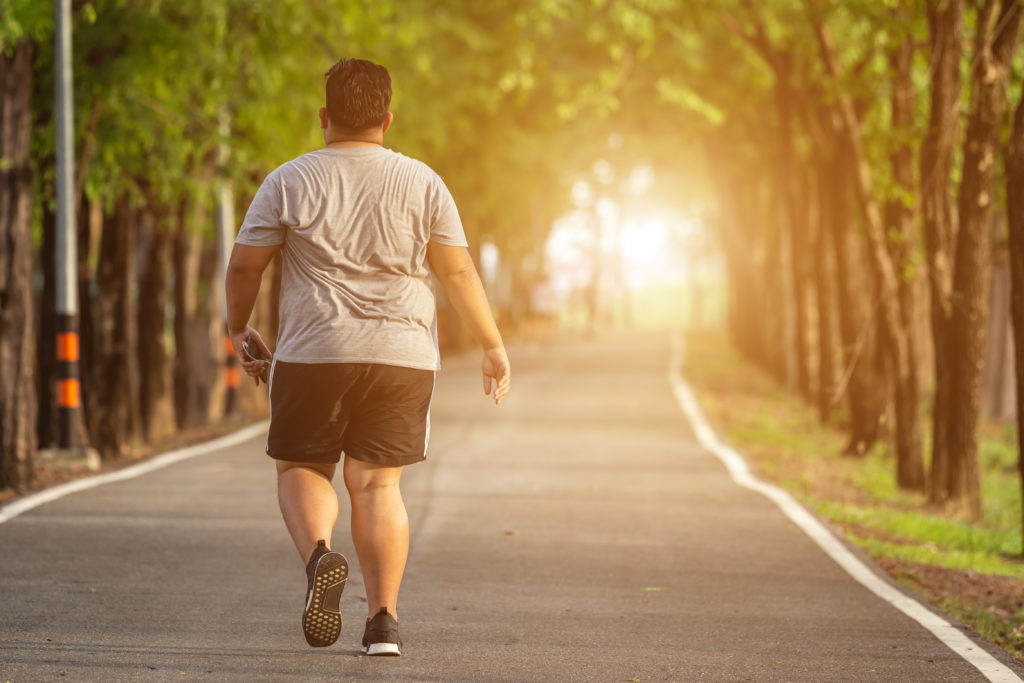
Being Lean is Not Necessarily Healthy
“As you get healthy, you get leaner. But as you get leaner, you might not get more healthy.”
A low fat, low calorie diet: “In that instance, the person will get leaner. And at the end of the process, they will have more mitochondrial damage, so they’ll be farther in the disease state then when they started.”
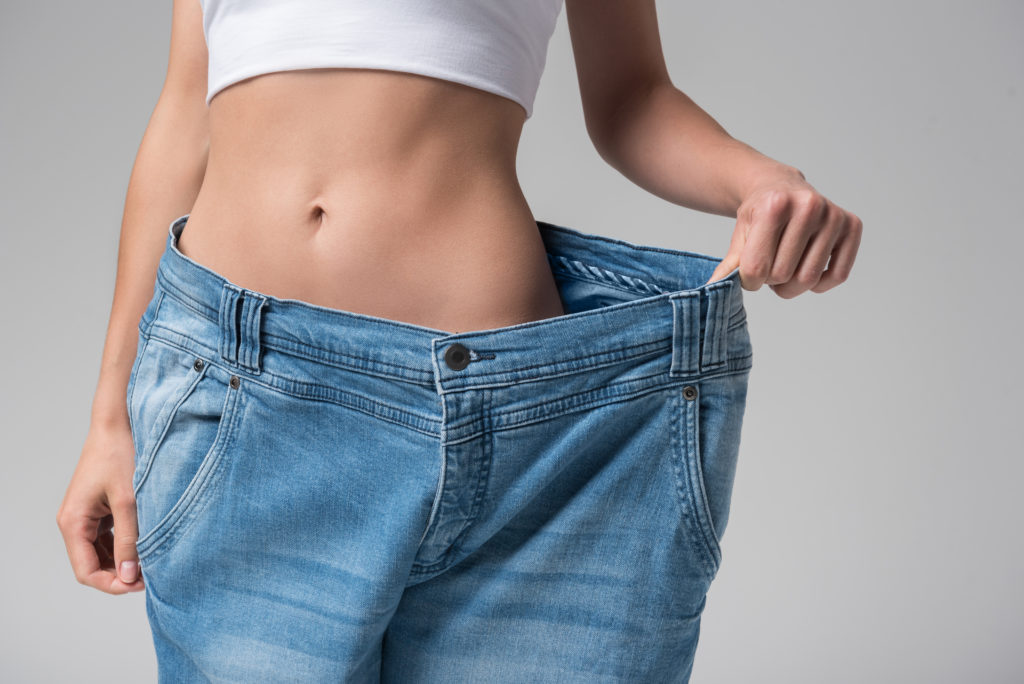
“When you eat carbohydrates, most of the carbohydrate (80%) goes straight into the muscle. So the muscle is the first tissue that is constantly getting bombarded with this massive way over saturated energy flux into the mitochondria. And you just keep doing it over and over and over again until the muscles just can’t handle it anymore.”
Athletes “are constantly able to utilize that energy flux.”
“Every time you grow muscle tissue, essentially you’re getting brand new mitochondria that have absolutely no damage.”
Athletes: “The damage is still there but it’s being slowed down because you’re able to use the carbohydrates.”
Fundamental Framework of Health
“Since we don’t really have that strict science of health and athletic performance, that means every theory is on the table as long as it’s supported by some sort of experience.”
Experts: “They are actually acting appropriately where science is right now. There’s no framework so it’s actually not absurd for them to say carbohydrates don’t make any difference. They’re not important. Because their experience does support that. Unfortunately, their experience is very limited and it’s limited to athletes.”
“You cannot compare isolated populations, you cannot use their dietary regimens to make recommendations for anybody else. Because you would expect them to have small changes in mitochondria.” “Any population that has been isolated for 1,000 years or more, you have to throw them out of your comparison data.”

Problems with Ketogenic
“Since we need to repair a lot of damage that’s been done over life, we have to ingest carbohydrates periodically to trigger the repair processes.”
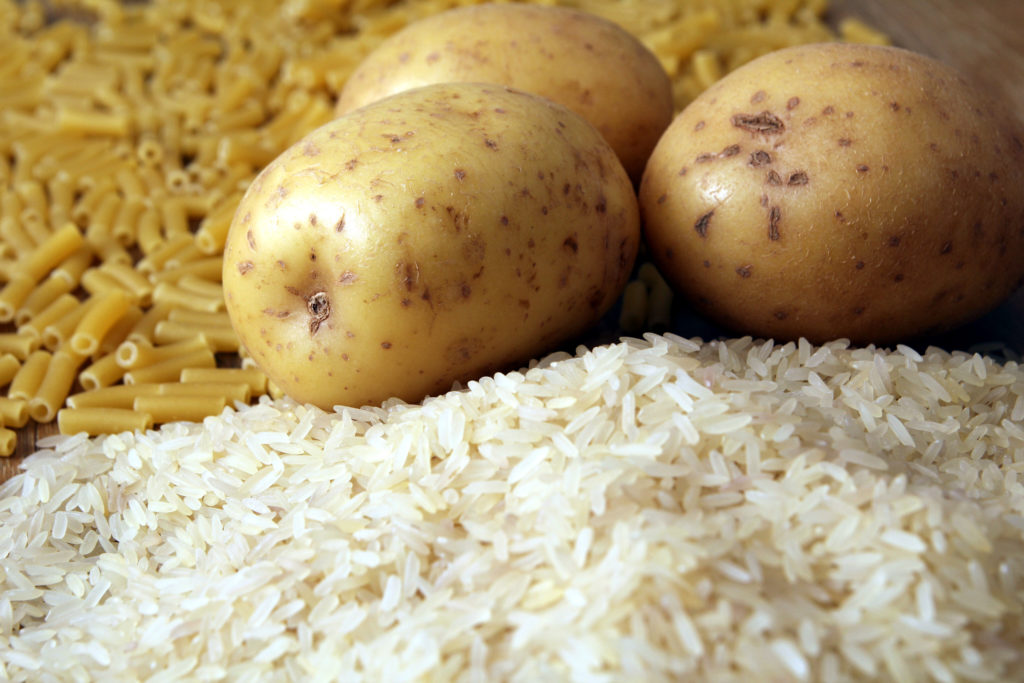
“You have to introduce carbohydrates periodically if you want to take advantage of neuroplasticity.”
Lifestyle Stress
“A relatively healthy system can handle all these little things without much trouble.”
“Environmental toxins, air quality, etc. those are actually of almost no concern if you’re on a diet that’s keeping you healthy.”

“The most damage you’re doing is from the food that you’re putting in your mouth.”
Sleep
“When you take carbohydrates out of the diet, you should expect to need less sleep.”
Carbohydrate-based diet: “Your brain is almost completely dependent on glucose.” “During the day, your brain is used to using carbohydrates exclusively.” Most people need 8 hours of sleep on average.

Not eating carbohydrates: “Your brain has a much higher access to alternate energy sources… ketones… gluconeogenic products… astrocytes can directly burn fatty acids… so now a lot of the energy needs of the brain can be made up with primarily fat and protein converted into glucose.”
On a low carb diet, “if I had to guess (based on experience)… You only need 4-6 hours of sleep.”
Low Carb and Breakdown/Synthesis Rates
When you go low carb: “In skin, connective tissue, and muscle tissue… both the breakdown rate and the synthesis rate double.” These tissues can stay healthy and remodel faster “but they have to have an increased supply of amino acids.”
“Not eating carbohydrates is actually the base state of the body. So your breakdown and synthesis rates are double what they are when you’re making your body sick. So it’s better to talk about they’re halved.”
Muscle, Tendon, Ligament Tear: “When you’re in the state of repair, initially (for a two-week period), you would be best served by trying to be ultra low carb during that period.”
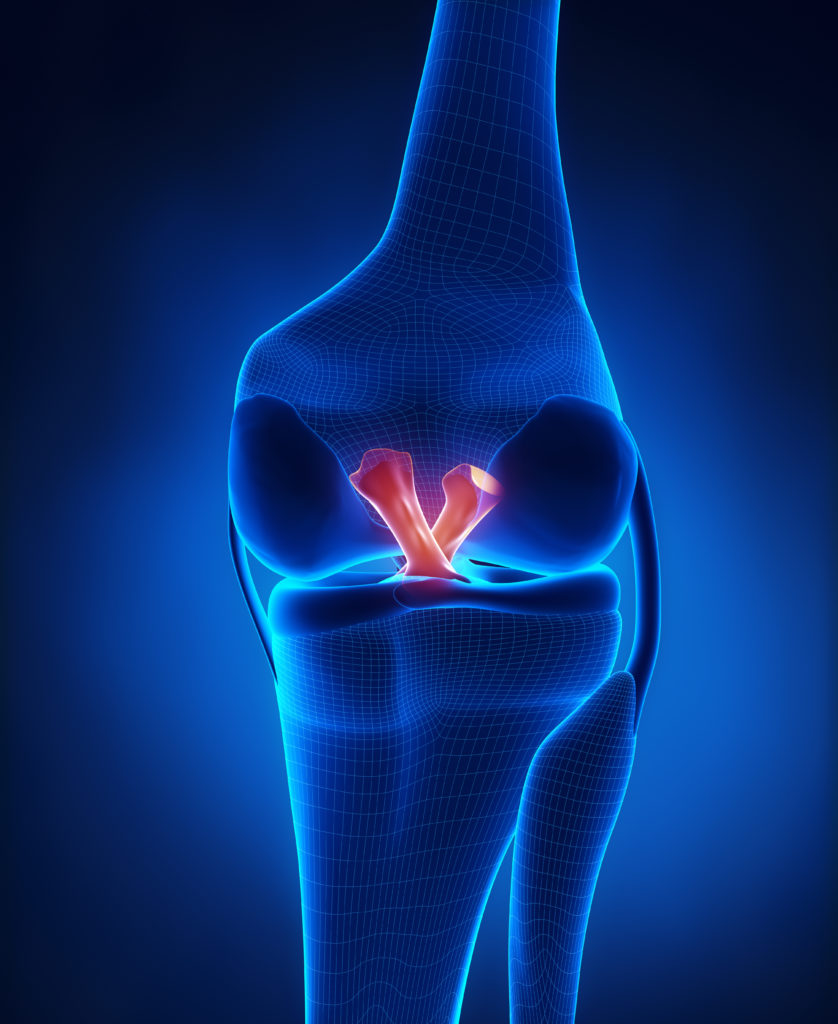
Fruits and Vegetables
“If you analyze the data for fruits and vegetables, turns out it makes no difference for health status.”
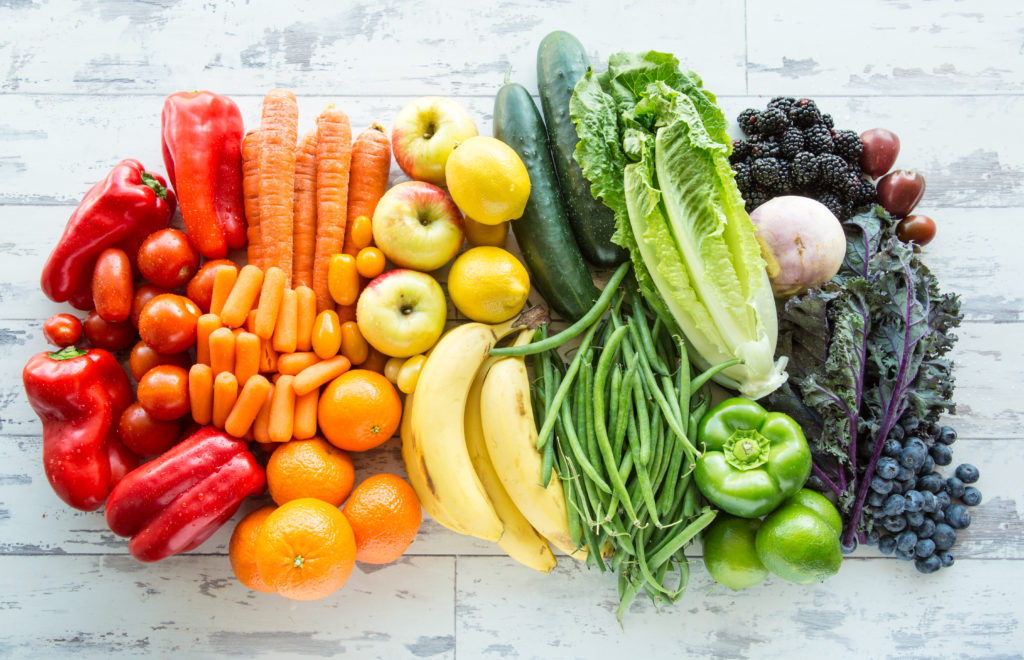
“There are way more reasons to not get multiple servings of fruits and vegetables every day than there is to get multiple servings of fruits and vegetables every day.”
